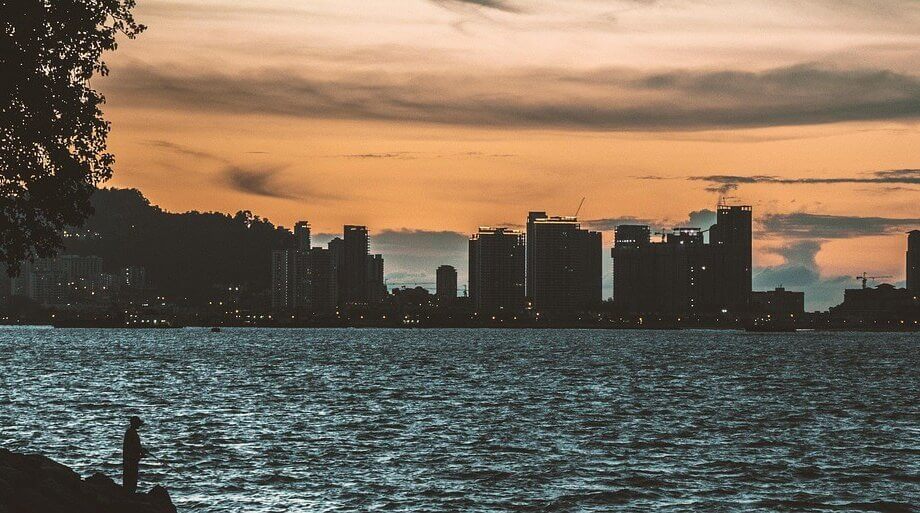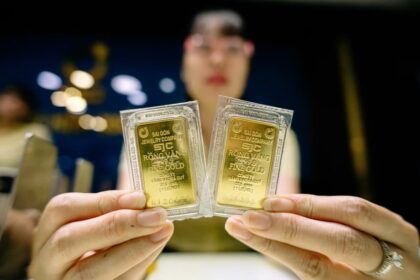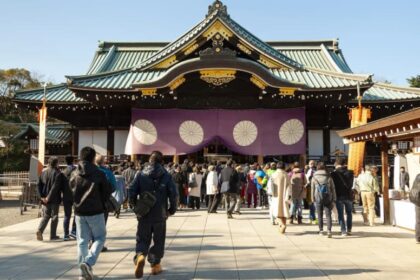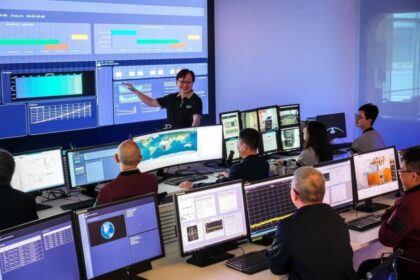Penang’s Vision for Sustainable Tourism
As Malaysia prepares for the highly anticipated Visit Malaysia 2026 campaign, Penang is taking a proactive stance on sustainable tourism. The state, renowned for its vibrant cultural heritage, historic architecture, and lush natural landscapes, is calling on both visitors and stakeholders to embrace responsible travel practices. This approach aims to safeguard Penang’s unique identity and ensure that tourism growth does not come at the expense of its environment or local communities.
- Penang’s Vision for Sustainable Tourism
- Why Sustainable Tourism Matters in Penang
- Preserving Cultural Heritage and Respecting Local Customs
- Protecting the Natural Environment: Ecotourism and Conservation
- Learning from Global Best Practices: Penang Looks to the Alps
- Community Involvement: The Heart of Sustainable Tourism
- Challenges and the Path Forward
- Responsible Travel: What Tourists Can Do
- In Summary
State tourism and creative economy committee chairman Wong Hon Wai has emphasized the importance of mindful tourism, urging everyone to respect Penang’s rich tapestry of cultures, religious sites, and natural wonders. The message is clear: Penang welcomes the world, but expects visitors to help preserve what makes the island special.
Why Sustainable Tourism Matters in Penang
Tourism is a cornerstone of Penang’s economy, drawing millions of visitors annually to its UNESCO-listed George Town, pristine beaches, and verdant hills. However, the rapid growth of the industry brings challenges. Unchecked tourism can lead to environmental degradation, strain on local resources, and erosion of cultural values. Sustainable tourism seeks to address these issues by balancing economic benefits with the need to protect the environment and support local communities.
According to the World Tourism Organization, sustainable tourism “takes full account of its current and future economic, social and environmental impacts, addressing the needs of visitors, the industry, the environment and host communities.” In Penang, this means not only promoting eco-friendly practices but also ensuring that tourism development benefits residents and preserves the state’s heritage for future generations.
Preserving Cultural Heritage and Respecting Local Customs
Penang’s diverse religious landscape is one of its defining features. The state is home to a remarkable array of temples, mosques, churches, and shrines, many of which are active centers of worship as well as tourist attractions. Wong Hon Wai has reminded visitors to dress modestly and behave respectfully when visiting these sites, noting that:
“These places are not just tourist attractions. They are active centres of faith and worship in the local communities. We welcome everyone to experience Penang’s cultural richness, but we also ask that they do so with understanding and respect.”
Tourist Guide Association chairman Clement Liang echoes this sentiment, highlighting the importance of observing local customs. While Malaysia is generally relaxed compared to some countries, attire such as bikinis is not appropriate in places of worship. Liang notes:
“Respect goes a long way.”
Such reminders are crucial as Penang seeks to maintain harmony between its thriving tourism sector and the daily lives of its residents.
Protecting the Natural Environment: Ecotourism and Conservation
Penang’s natural assets are as significant as its cultural ones. The state boasts a variety of ecotourism attractions, including the Penang National Park, Penang Hill, the Tropical Spice Garden, and extensive forest reserves. These areas are not only vital for biodiversity but also serve as major draws for nature-loving tourists.
Ecotourism, or nature-based tourism, is a key component of Penang’s sustainable tourism strategy. It emphasizes responsible travel to natural areas, conservation of the environment, and support for the well-being of local people. According to research from the Penang Institute, ecotourism can provide alternative livelihoods for rural communities, generate employment, and raise awareness about the importance of habitat protection.
However, the benefits of ecotourism can only be realized if it is managed carefully. Unregulated tourism can lead to pollution, habitat destruction, and negative impacts on wildlife. To mitigate these risks, Penang authorities advise visitors to stay on designated trails, avoid disturbing wildlife or vegetation, and refrain from littering—especially in sensitive areas like hills, parks, and beaches.
Learning from Global Best Practices: Penang Looks to the Alps
In a bid to further enhance its sustainable tourism credentials, Penang is looking beyond its borders for inspiration. In June 2024, a delegation of state leaders visited Switzerland to study eco-friendly tourism practices in the Alpine region. The goal was to learn how the Swiss balance tourism development with environmental conservation, and to adapt similar strategies for Penang’s unique context.
The visit included meetings with Swiss officials and tours of eco-tourism sites, providing valuable insights into effective visitor management, conservation funding, and community involvement. By adopting international best practices, Penang hopes to strengthen its own policies and ensure that tourism growth does not compromise its natural or cultural heritage.
Community Involvement: The Heart of Sustainable Tourism
One of the key lessons from global ecotourism models is the importance of involving local communities in tourism planning and management. In Penang, this means ensuring that residents have a say in how tourism develops, and that they share in the economic benefits.
Homestays, for example, have become a popular way for tourists to experience local culture while providing income for rural families. In 2018, Penang’s homestay programs attracted over 4,500 visitors and generated more than RM400,000 in income. Such initiatives not only support livelihoods but also foster cultural exchange and mutual understanding.
Community involvement also extends to conservation efforts. Local guides, boatmen, and nature educators play a vital role in raising awareness about environmental protection and ensuring that tourism activities do not harm sensitive ecosystems. By empowering communities, Penang can create a more resilient and inclusive tourism sector.
Challenges and the Path Forward
Despite significant progress, Penang faces ongoing challenges in implementing sustainable tourism. There is often a gap between policy and practice, with some areas struggling to balance visitor numbers with environmental capacity. The concept of “carrying capacity”—the maximum number of visitors an area can support without negative impacts—is increasingly important in managing popular sites.
Effective environmental management requires clear indicators to monitor changes at tourist sites, as well as education programs to improve visitor behavior. Public-private partnerships can help pool resources and expertise, enabling the development of innovative ecotourism products and better management of tourism impacts.
Law enforcement also plays a role. Penang police chief Comm Datuk Hamzah Ahmad has reminded tourists to follow local laws, use designated parking areas, and avoid actions that disrupt public order. The police are committed to ensuring the safety and comfort of all visitors, but tourists must also do their part to maintain a safe and orderly environment.
Responsible Travel: What Tourists Can Do
For visitors, embracing responsible travel in Penang means more than just following rules. It involves a conscious effort to minimize negative impacts and contribute positively to the places they visit. Key practices include:
- Respecting local customs and dress codes, especially at religious sites
- Disposing of litter properly and avoiding actions that deface public art or heritage buildings
- Staying on marked trails and not disturbing wildlife or plants
- Supporting local businesses, guides, and community-based tourism initiatives
- Being mindful of resource use, such as water and energy, especially in rural or sensitive areas
By making these small but meaningful choices, tourists can help ensure that Penang remains a vibrant and welcoming destination for generations to come.
In Summary
- Penang is prioritizing sustainable tourism as it prepares for Visit Malaysia 2026, emphasizing responsible travel to protect its cultural and natural heritage.
- Authorities urge visitors to respect local customs, especially at religious sites, and to avoid littering or damaging public spaces.
- Ecotourism is a key strategy, offering economic benefits to local communities while promoting conservation and environmental awareness.
- Penang is learning from international best practices, such as those in Switzerland, to enhance its sustainable tourism policies.
- Community involvement, effective management, and visitor education are essential for balancing tourism growth with long-term sustainability.
- Tourists play a crucial role by adopting responsible behaviors and supporting local initiatives, ensuring Penang’s continued appeal as a world-class destination.












